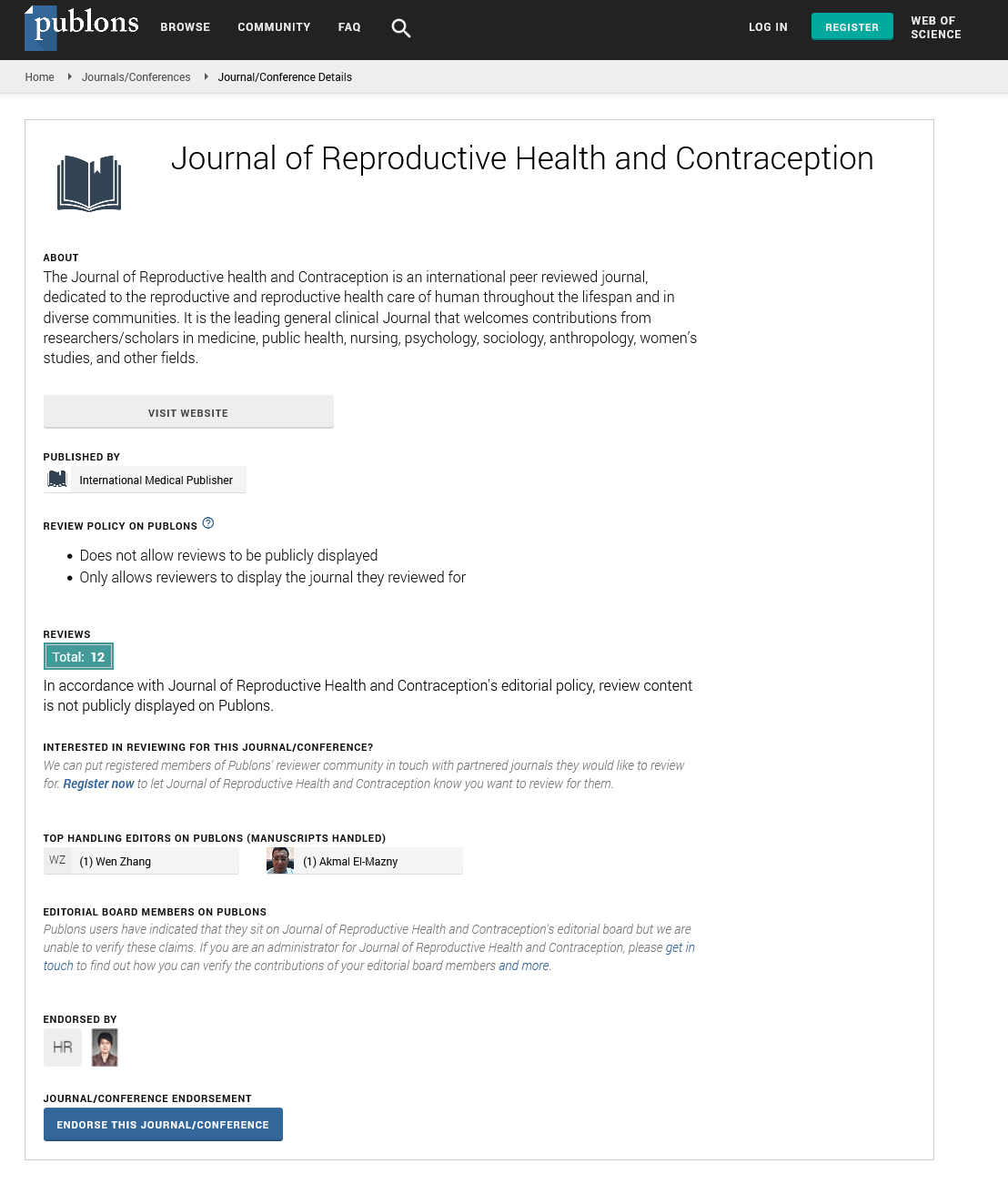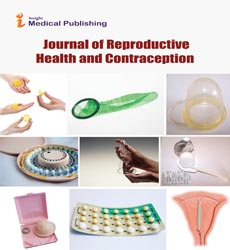Abstract
Correlates and Barriers of Dual-Method Contraception among College Youths in Nigeria
Background and purpose
The dual problems of unintended pregnancies and sexually transmitted infections/Human Immunodeficiency virus together represent one of the most significant public health challenges globally, particularly amongst youths in Sub-Saharan Africa. Although the simultaneous use of two contraceptives, dual method contraception (DMC), is highly effective in preventing these problems, our understanding of the use of DMC is limited in developing country contexts. Thus, this study sets out to assess the correlates and barriers of DMC use amongst youths in Nigeria.
Methods
Data were collected using self-completed questionnaires from 412 undergraduate students selected randomly via multi-stage cluster sampling from three universities. Bivariate chi-square (χ²) and multivariate logistic regression analyses were performed to identify variables that were significantly associated use of DMC at the last sexual intercourse.
Results
The prevalence of DMC at last sex was found to be 20.6. However, only 5.4% of respondents were consistent DMC users. When compared with non-users, DMC users were twice or more likely to: report their age of first sex at or above 16; have had more than one partner in the past year; be currently not seeking pregnancy; have had previous unintended pregnancies; and report having supportive social networks and normative expectations. However, during multivariate analysis, only older age at first sex (AOR=3.081; 95%CI: 1.053-9.013; p=0.040) and intentions to avoid pregnancy (AOR=2.929; 95%CI: 1.035-8.292; p=0.043) remained significant. Barriers to DMC use reported by respondents were: difficulty in accessing contraceptives χ²(1,N=246)=5.600,p=0.018; and limited/infrequent counseling on contraception during visits to health facilities χ²(1,N=246)=3.941,p=0.047.
Conclusion
These findings indicate that the practice of DMC is uncommon amongst Nigerian youths. The results call for a multi-level approach that seeks to streamline reproductive health counseling into routine health services delivery.
Author(s):
Oto Buraimo, Padam Simkhada, Penny Watson and Henock B Taddese
Abstract | Full-Text | PDF
Share this

Google scholar citation report
Citations : 201
Journal of Reproductive Health and Contraception received 201 citations as per google scholar report
Journal of Reproductive Health and Contraception peer review process verified at publons
Abstracted/Indexed in
- Google Scholar
- China National Knowledge Infrastructure (CNKI)
- WorldCat
- Publons
Open Access Journals
- Aquaculture & Veterinary Science
- Chemistry & Chemical Sciences
- Clinical Sciences
- Engineering
- General Science
- Genetics & Molecular Biology
- Health Care & Nursing
- Immunology & Microbiology
- Materials Science
- Mathematics & Physics
- Medical Sciences
- Neurology & Psychiatry
- Oncology & Cancer Science
- Pharmaceutical Sciences


